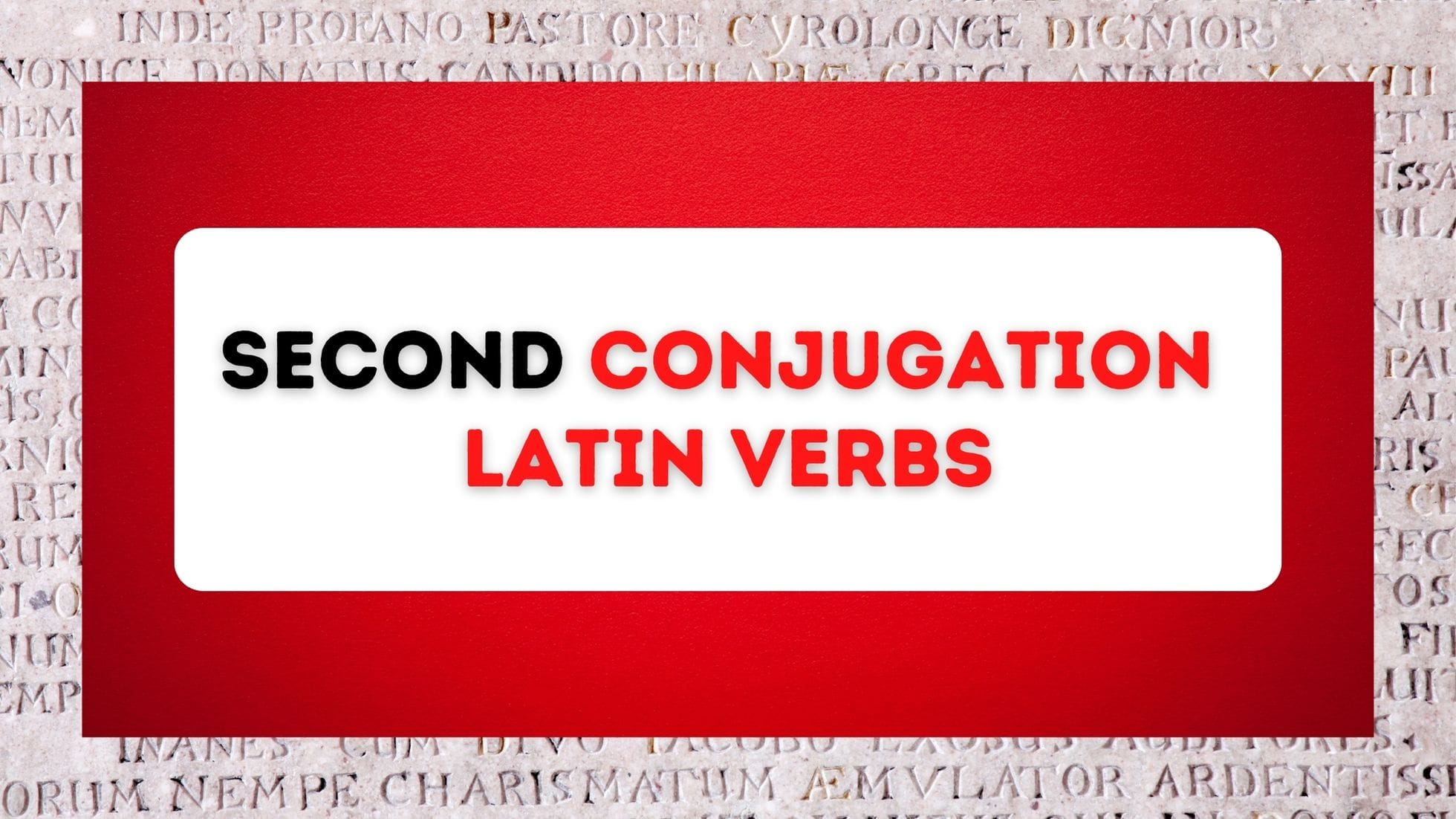This comprehensive guide will equip you with everything you need to know to master the French verb connaître, from the present tense to the subjunctive mood. Whether you’re a beginner or looking to refine your skills, this guide provides clear explanations, practical examples, and helpful tips to boost your French fluency. We’ll also delve into the nuances of connaître in the passé composé and clarify its distinction from the verb savoir.
Understanding the Basics of Connaître
Connaître translates to “to know” in English, but signifies familiarity with people, places, or things. It differs from savoir, which denotes knowing facts or information. Think of connaître as “being acquainted with” something or someone. Because it’s an irregular verb, its conjugation doesn’t follow typical patterns, requiring focused study.
Mastering the Present Tense
The present tense of connaître describes what you currently know. While irregular, the conjugations are manageable with practice:
- Je connais (I know)
- Tu connais (You know – singular informal)
- Il/Elle/On connaît (He/She/One knows)
- Nous connaissons (We know)
- Vous connaissez (You know – plural or formal)
- Ils/Elles connaissent (They know)
Exploring the Passé Composé
The passé composé expresses completed actions in the past. For connaître, it’s formed using the auxiliary verb avoir (to have) and the past participle connu:
- J’ai connu (I knew/I have known)
- Tu as connu (You knew/You have known)
- Il/Elle/On a connu (He/She/One knew/has known)
- Nous avons connu (We knew/We have known)
- Vous avez connu (You knew/You have known)
- Ils/Elles ont connu (They knew/They have known)
Linguists suggest that using connaître in the passé composé can sometimes imply a completed familiarity, meaning you were once familiar with something but perhaps less so now. However, this isn’t always the case, showcasing the nuanced nature of this verb. Ongoing research continues to explore the complexities of how we express different forms of “knowing.” For instance, “J’ai connu Paris” could imply a past familiarity with Paris, possibly suggesting you are less familiar with it now.
Navigating the Imperfect Tense
The imperfect tense (l’imparfait) describes ongoing or habitual actions in the past, similar to “used to know” or “was knowing”:
- Je connaissais (I used to know/I was knowing)
- Tu connaissais (You used to know/You were knowing)
- Il/Elle/On connaissait (He/She/One used to know/was knowing)
- Nous connaissions (We used to know/We were knowing)
- Vous connaissiez (You used to know/You were knowing)
- Ils/Elles connaissaient (They used to know/were knowing)
Delving into the Subjunctive Mood
The subjunctive mood expresses uncertainty, doubt, or emotions. While more advanced, it’s an essential element of French grammar:
- Que je connaisse (That I may know)
- Que tu connaisses (That you may know)
- Qu’il/elle/on connaisse (That he/she/one may know)
- Que nous connaissions (That we may know)
- Que vous connaissiez (That you may know)
- Qu’ils/elles connaissent (That they may know)
Connaître vs. Savoir: Clarifying the Confusion
Both verbs translate to “to know,” but their usage differs significantly. Connaître implies familiarity with people, places, and things (nouns). Savoir signifies knowledge of facts, information, or how to do something (verbs).
- Example: Je connais Marie. (I know Marie – I am acquainted with her.) Je sais que Marie est française. (I know that Marie is French – I am aware of this fact.)
Want to flex your Spanish skills? Check out our comprehensive guide to conjugating caminar, a fundamental verb for expressing movement and travel. Also, master the art of expressing comprehension with our guide to conjugating entender, enhancing your ability to understand and interpret Spanish.
Qu’est-ce que connaître en passé composé?
As previously discussed, the passé composé of connaître indicates past familiarity gained through experience. It’s formed using avoir and the past participle connu. For example, “J’ai connu Marie” means “I knew Marie.” This tense emphasizes the experience of getting to know someone or something. Compare this to savoir: you might savoir a fact about a museum, but you connaître the museum after visiting it.
Practical Tips for Mastering Connaître
- Flashcards: Create flashcards for each tense.
- Practice Sentences: Regularly construct sentences using connaître in various contexts.
- Immersion: Engage with French media to observe the verb’s usage in natural settings.
- Embrace Mistakes: Don’t be afraid to make mistakes; they’re a natural part of the learning process.
By focusing on nuanced understanding and practical application, you can master connaître and significantly enhance your French communication skills. Remember, fluency comes with consistent effort and a willingness to explore the intricacies of the language.
- Unlock 6000+ words beginning with he: A comprehensive analysis - April 20, 2025
- Mastering -al Words: A Complete Guide - April 20, 2025
- Master Scrabble: High-Scoring BAR Words Now - April 20, 2025
















